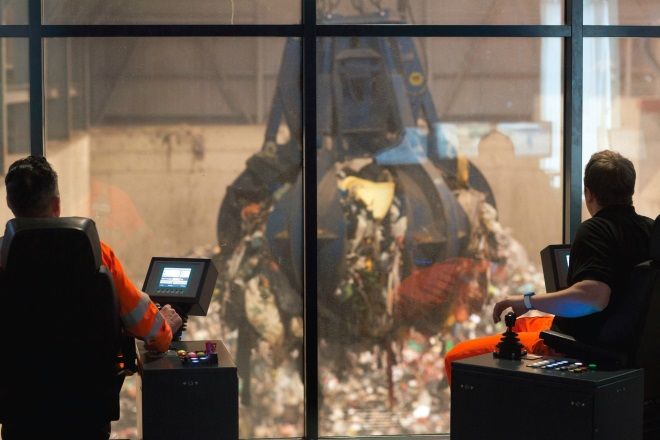Watchdog asked to probe Scotland’s EfW ban

The Scottish governing body's inability to stop the expansion of energy-from-waste capacity has prompted an inquiry by the environmental monitoring organization. This comes after a moratorium was put in place two years ago to curb expansion.
In June 2022, an announcement was made regarding a strict prohibition on new constructions, with councils being instructed to refrain from authorizing new locations as per the findings of an impartial assessment.
However, non-governmental organizations claim that the capacity for Energy from Waste has escalated by 17% after the imposition of the moratorium. They are urging Environmental Standards Scotland to probe the matter "before it becomes too late".
According to Kim Pratt, a person who campaigns for circular economy as a part of the Friends of the Earth Scotland organization, the government in Scotland is neglecting the issue of waste burning happening within the country.
According to her, even though there is obvious proof of flaws in its ban on incineration, it has refused to take action and stop the rise in incineration.
In 2021, the Welsh Government decided to put a halt on the creation of new large plants, and if the Conservative Party wins re-election next month, they have promised to also stop new developments in England.
In April, the UK government decided to put a stop to EfW projects for seven weeks, which was widely debated. The ministers were worried about public health and diminishing recycling rates. They had earlier stated that they would leave it to the market to decide on these projects.
The Scottish capacity review for 2022 reported that there were seven functioning incinerators in the region. Furthermore, there are eight new ones that have been granted full planning permission.
The assessment discovered that the present ability to incinerate waste is slightly more than one million tonnes. It was also anticipated that by 2027, the planned ability to incinerate waste will surpass the 2.3 million tonnes of waste that will be generated in Scotland at that time.
In addition to the temporary halt on granting new planning permissions, the review proposed a potential limit on the amount of waste treatment. Although the government agreed to all recommendations, environmental organizations argue that they have yet to enact this particular limit.
The authorities of Scotland Government and Scottish Agency for Environmental Protection were contacted in order to request their opinion.
According to Ben Christman, a legal representative from the Environmental Rights Centre for Scotland, the moratorium implemented by the Scottish Government has numerous inconsistencies and shortcomings.
The organizations stated that Viridor's Dunbar EfW facility had upped its capacity by 65,000 tons since the moratorium, and another 150,000-ton-per-year energy project called the NESS Energy Project in Aberdeen had commenced.
According to Irvine Without Incinerators representative, Rebecca Glen, it is not fair to leave the burden of opposing new projects solely on the shoulders of local activists.
The Scottish Government needs to honor both the written rule and the overall intention of their ban on incineration. They should take action before they completely lose the faith of individuals who understand the importance of transitioning to a circular economy model instead of relying on incineration.









































